Yolande Knell is one of the most recognizable names in international journalism, especially when it comes to Middle East reporting. As a veteran BBC correspondent, she has spent years covering some of the most complex and sensitive regions in the world. Her work has been featured across the BBC’s global platforms on television, radio, and online, offering in-depth coverage of events in Israel, the Palestinian Territories, and surrounding areas. One of the frequently asked questions about her is: What is Yolande Knell’s nationality? In this article, we explore not just her nationality but also her background, education, and professional journey. By understanding who she is and where she comes from, readers can better appreciate the depth and integrity she brings to her journalism.
Quick Facts About Yolande Knell
| Attribute | Detail |
|---|---|
| Full Name | Yolande Knell |
| Profession | Journalist, BBC Middle East Correspondent |
| Nationality | British 🇬🇧 |
| Base Location | Jerusalem |
| Specialization | Middle East conflicts, human rights, international affairs |
| Affiliation | British Broadcasting Corporation (BBC) |
What Is Yolande Knell’s Nationality?
Yolande Knell is British.
She holds UK citizenship and has worked under the editorial standards and ethical guidelines of the BBC, the United Kingdom’s national public broadcaster. As a British journalist, her reporting style reflects the values of impartiality, balanced perspectives, and public service journalism—cornerstones of the BBC’s mission.
Her nationality plays an important role in her access to international regions, diplomatic protections, and the credibility she commands in foreign press circles.
Yolande Knell’s Educational Background
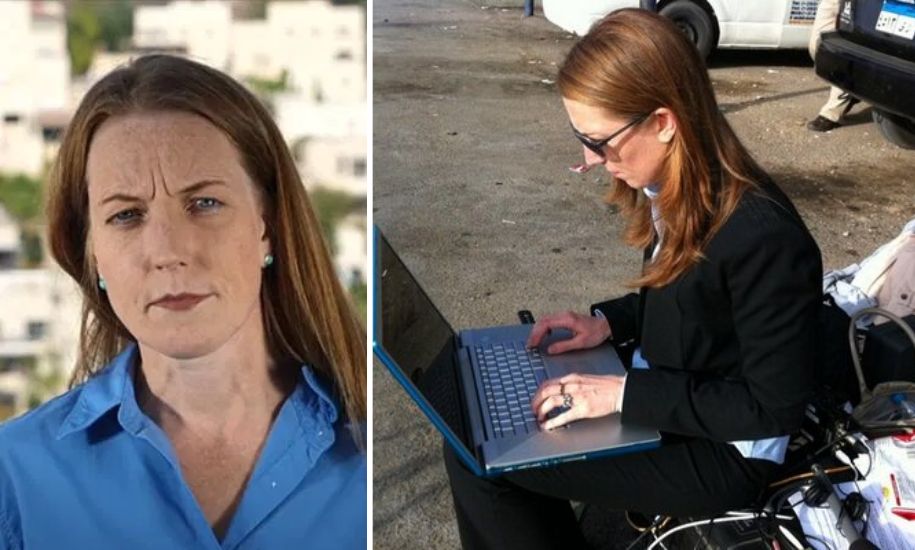
Yolande Knell’s education is rooted in elite British institutions, preparing her for a high-level career in international reporting.
University of Oxford
Knell studied at this prestigious university, which has a long tradition of producing world leaders, thinkers, and journalists. Her education likely included humanities or politics-related subjects—key areas for global reporting.
City, University of London – Department of Journalism
After Oxford, she pursued a postgraduate degree in journalism at City, one of the top journalism schools in the UK. This formal training gave her a strong foundation in media ethics, investigative journalism, and international news coverage.
These academic experiences, grounded in British academia, have helped shape her disciplined and analytical reporting style.
Professional Career and BBC Correspondence
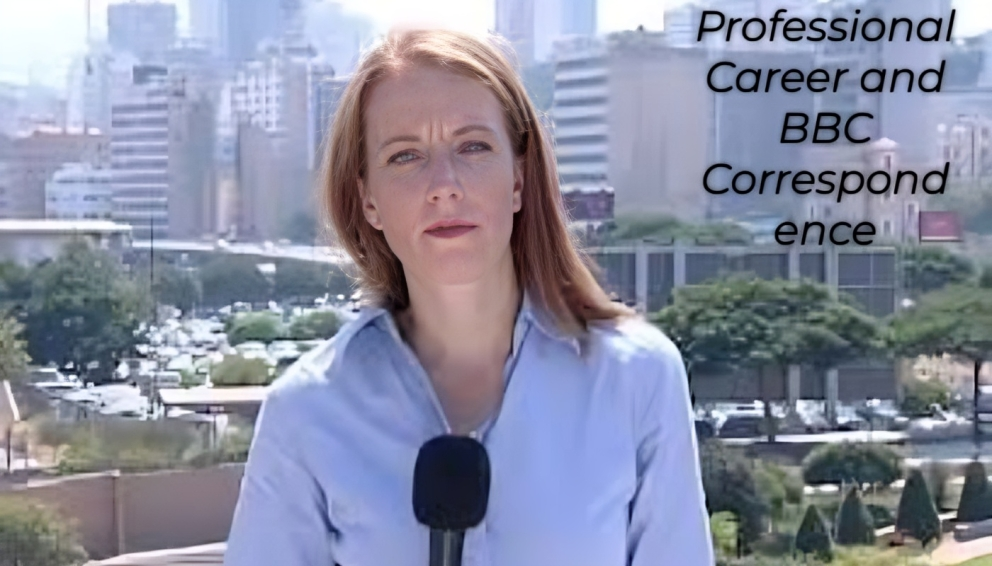
Yolande Knell began her journalism career in the UK, eventually joining the BBC, where she would rise through the ranks to become one of its leading Middle East correspondents. She is currently based in Jerusalem, a strategic and symbolic location from which she covers stories across:
-
Israel
-
The Palestinian Territories (Gaza and the West Bank)
-
Lebanon
-
Syria
-
Egypt
-
Jordan
Key Responsibilities:
-
Reporting breaking news and ongoing developments
-
Producing investigative features and special reports
-
Conducting interviews with local leaders and affected citizens
-
Appearing on major BBC programs such as BBC World News, Newsnight, and BBC Radio 4
Her deep field experience has made her a trusted voice on international crises, particularly the Israeli-Palestinian conflict.
Why Yolande Knell’s Nationality Matters in International Journalism
Being a British national provides several advantages and responsibilities for someone in Yolande Knell’s position:
Global Credibility
The BBC’s reputation as a leading global news provider lends authority to her reporting.
Legal Protections and Press Access
As a British citizen, she benefits from UK diplomatic protections when reporting from unstable or dangerous regions.
Editorial Integrity
She adheres to UK journalistic codes of conduct, ensuring factual and unbiased coverage—something especially important in regions with competing narratives.
Style and Reporting Approach
Knell is known for her:
-
Clear, concise delivery
-
Unbiased and factual storytelling
-
Human-interest focus: Highlighting the real-life impact of political decisions and conflicts
Her British nationality, combined with extensive on-the-ground experience, allows her to connect Western audiences to stories that might otherwise be misunderstood or overlooked.
Where Can You Watch Yolande Knell’s Reports?
Her work regularly appears on:
-
BBC World News
-
BBC News Channel
-
BBC Radio 4
-
BBC Online (bbc.com/news)
You can also find her reports shared on the BBC’s social media platforms, YouTube, and through international broadcast partners.
Conclusion: A British Journalist with a Global Impact
Yolande Knell’s British nationality is a foundational part of her professional identity. It connects her to one of the most respected journalistic institutions in the world and gives her the platform to report on global issues with accuracy, balance, and ethical integrity.
From the battlefields of Gaza to the diplomatic halls of Jerusalem, Knell brings clarity to stories that often divide opinion. For audiences around the world, her work continues to be a trusted window into one of the most complex regions of our time.
Frequently Asked Questions (FAQ)
Who is Yolande Knell?
Yolande Knell is a British journalist and BBC Middle East Correspondent known for her insightful and balanced reporting on issues in the Middle East.
What is Yolande Knell’s nationality?
She is British.
Where is she currently based?
Yolande Knell is based in Jerusalem, a central location for BBC’s Middle East bureau.
What is her role at the BBC?
She reports on political developments, conflicts, human rights issues, and social movements in countries such as Israel, Palestine, Lebanon, and Syria.
What are her most covered topics?
-
Israeli-Palestinian conflict
-
Humanitarian issues in Gaza
-
Syrian refugee crisis
-
Political unrest in Egypt and Lebanon
Why is her nationality important?
Her British nationality connects her to the BBC’s journalistic standards, allows access to international press zones, and ensures a reputation of fairness and credibility.
How can I follow her work?
You can follow Yolande Knell’s journalism through the BBC website, BBC News broadcasts, or BBC World Service programming.

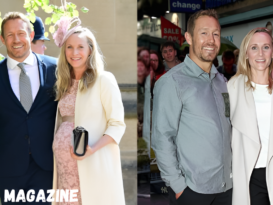



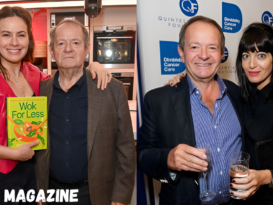



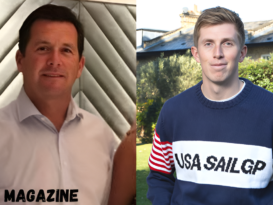
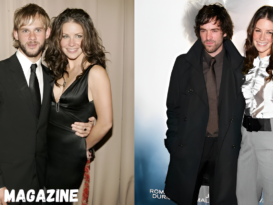

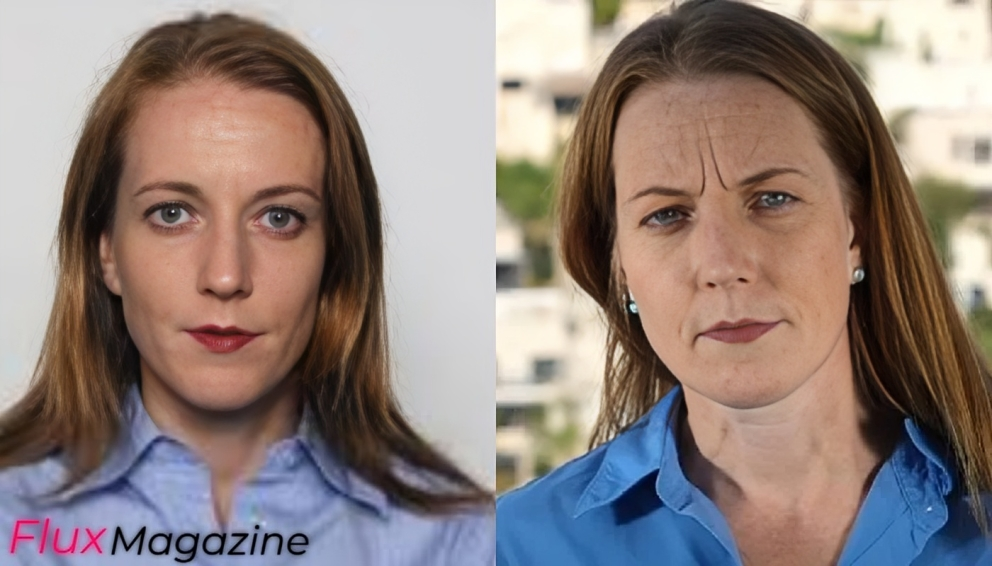



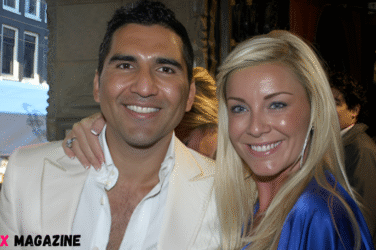
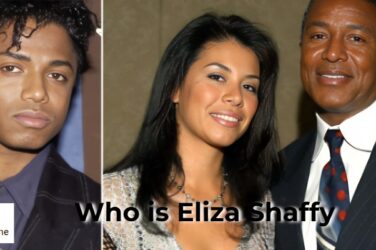
Show Comments (0)